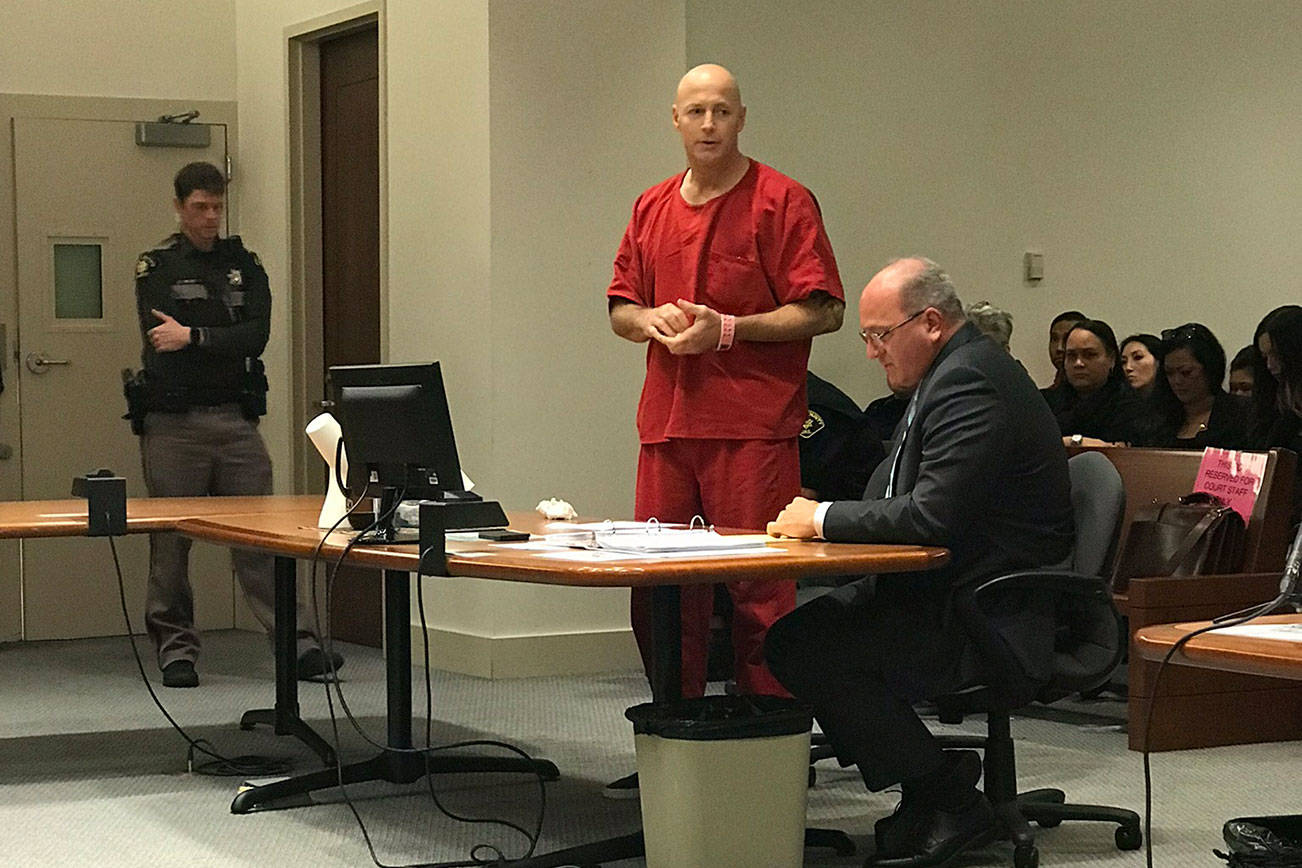Later this afternoon, the Seattle City Council will be voting on a legislative package that will upzone South Lake Union and Downtown and allow developers to build taller projects in exchange for affordable housing. Councilmember Lisa Herbold, however, is poised to introduce an amendment that will ask more from developers in the exchange.
The bill would introduce the Mandatory Housing Affordability (MHA) program—the cornerstone “Grand Bargain” policy of Mayor Ed Murray’s housing taskforce recommendations—to all of South Lake Union and large swaths of the downtown core, which would require that all new residential developments either set aside units as rent-restricted at 60 percent of the area median income (this amounts to $1,084 per month for a one bedroom and $1,219 for a two bedroom) or pay an in-lieu fee to the City Office of Housing’s affordable housing fund to finance non-profit affordable housing projects throughout the city. In exchange, developers would be allowed to add additional floors to projects and theoretically recoup the cost of setting aside affordable housing, making the policy a win-win for both the City and developers.
As the legislation is currently written, the specific height increases and percentage of units that developers would have set aside (in addition to the in-lieu fee payment rates) vary throughout South Lake Union. Height increases range from 10 feet to 40 feet, the set aside percentages from 2.9 to 5.1 percent, and the fee rates from $7.50 to $13.00 per square foot. The City is banking on the South Lake Union upzone package to generate 2,100 affordable housing units under MHA—more than a third of the total of 6,000 affordable units from upzones across the city.
However, councilmember Lisa Herbold is planning to introduce an amendment that would raise both the required percentage of units that developers have to set aside in addition to the in-lieu fee payment rate. Specifically, her amendment will raise both requirements to flat rates of a 5 percent set-aside rate and in-lieu fees of $14.75 per square foot, and she says that the amendment will generate 340 additional affordable units over 10 years.
Her argument is that the current legislation the City lowballed how much value it can extract from the housing private sector with the policy and would be leaving money (and housing) on the table. In late February, at a city council Planning, Land Use and Zoning committee meeting, Herbold directed council staff to run the numbers on theoretically raising the affordability requirements due to the fact that the South Lake Union upzone legislation calculates these requirements based on a formula used in the dated South Lake Union Incentive Zoning program (a policy implemented back in 2008 that is similar to MHA). In their responding analysis, staff confirmed Herbold’s office’s projection that her amendment would produce more units.
Herbold also cites a 2013 consultant report from Spectrum Development Solutions commissioned by the City during the debate over the incentive zoning program that argues that more value could be asked from developers than the existing legislation required.
The amendment, however, is bound to face some resistance from Herbold’s colleagues on the council. When she brought up the possibility of raising the affordability requirements during the February committee meeting, councilmember Rob Johnson expressed concerns that the asking more from developers may stifle development.
A similar amendment brought forth by councilmember Mike O’Brien during the council’s vote on the University District up-zone went down six to three with only Herbold, O’Brien, and councilmember Kshama Sawant voting in favor. The council battle lines are likely to be similarly drawn this time around with Herbold’s amendment.
Outside of City Hall, the legislation is attracting attention. The Sightline Institute, a local urbanist think tank that has market oriented perspective on Seattle’s affordable housing crisis (meaning that the high rents are fundamentally a supply and demand issue), has criticized the City’s broader MHA program, arguing that it asks too much of developers and will disincentive development, and thus, not produce in either more market rate housing or affordable units. But they’re all in on the South Lake Union and Downtown upzone legislation as it currently stands, because, they think, it allow developer projects to pencil out.
Conversely, on the opposite side of the Seattle political spectrum in regards to housing, Jon Grant—the former director of the Tenants Union and a candidate for the soon to be vacant at-large position 8 city council seat—published an editorial on The Stranger’s blog praising Herbold’s amendment and slamming the legislation as it currently stands as a giveaway to developers.








